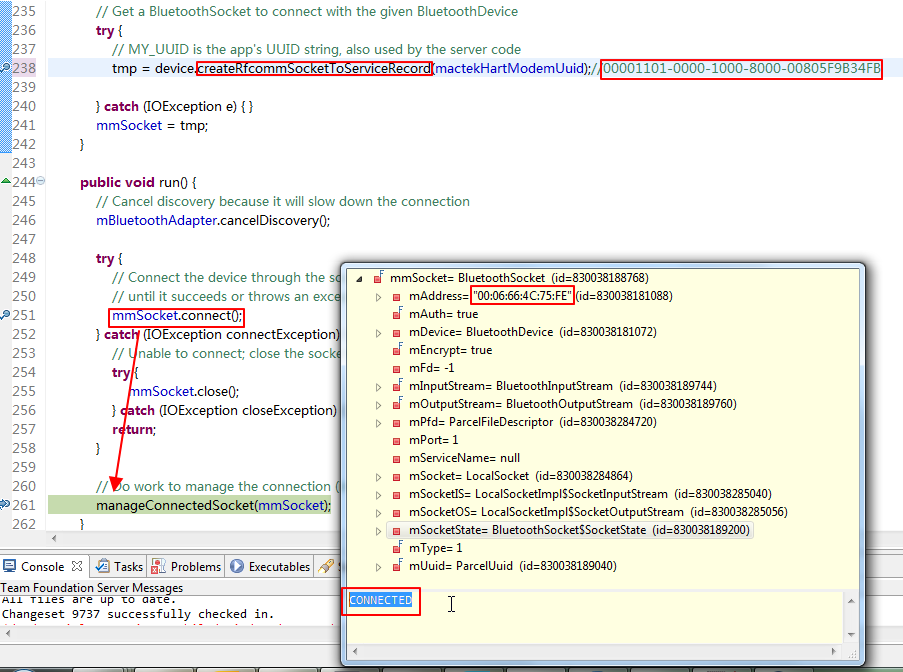

#GOOGLE UUID GENERATOR GENERATOR#
But if you're calling this repeatedly, you're doing the expensive overhead of initializing the random number generator to a "true" random number, each time. std::size(x) works here, as do a number of other standard library mechanisms.ĭo you only need one random ID, or one every once in a long while? OK. This is easy to get wrong and if the definition of x changes then it will silently do the wrong thing. Static const char x = "0123456789abcdef" ĭon't use sizeof on arrays to get the element count. to_chars in C++17 is very efficient but a little harder to use. If you append too many digits, just truncate the string.
#GOOGLE UUID GENERATOR CODE#
Unlike Toby's code though, I think it would be simpler to use library code to format the random integers into hex. When generated according to the standard methods, UUIDs are for practical purposes unique. The term globally unique identifier (GUID) is also used. I agree it's odd to generate random hex digits directly, rather than just formatting a few large ints as hex. A universally unique identifier (UUID) is a 128-bit number used to identify information in computer systems. The returned STRING consists of 32 hexadecimal digits in five groups separated by.

You could probably make a simpler and more readable version of that. GENERATEUUID GENERATEUUID () Description Returns a random universally unique identifier (UUID) as a STRING.

The methods of this class are for manipulating the Leach-Salz variant, although the constructors allow the creation of any variant of UUID (described below). There exist different variants of these global identifiers.

Static const std::string_view hex_chars = "0123456789abcdef" A class that represents an immutable universally unique identifier (UUID). However, for generating power-of-two numbers, and since we have a UniformRandomBitGenerator (the std::mt19937 object), we can extract bits directly: static std::string random_id(std::size_t len) To add the extension to the database run the following command. Std::copy_n(hex_chars, len, std::back_inserter(uuid)) Static std::string generate_uuid(size_t len) Because of this and some other reason let's consider the following UUID generator: #pragma once When generated using sufficient entropy you're more likely to get hit by a meteorite than generate the same UUID twice.The code's gonna be pretty simple and YES, I do know, what a proper UUID4 implementation is and what are possible approaches to implement RFC 4122.īut somewhere there exists a small piece of software, where possible dependencies should be minified if possible. They are designed to be generated on the fly, to be unique and to have an extremely low chance of generating a collision. UUIDs (Universally Unique IDs) are a popular alternative to incrementing IDs. in a database) up front, or we have to do a lookup to find out what the next ID is first (inviting potential race conditions and requiring extra work). In many computer systems this isn't usually desirable either we don't get to know the ID of a "thing" we want to store (e.g. However this can only work if we know the ID of the previous "thing", we couldn't give the ID of #5 unless we knew the previous one was #4. It's extremely common to simply pick a number ( #1) and each time a new "thing" needs an ID we'd go to the next unassigned number ( #2, then #3, etc). We use IDs to identify "things", and usually numbers are used (e.g. A universally unique identifier (UUID) is a 128-bit number used to identify information in computer systems.


 0 kommentar(er)
0 kommentar(er)
